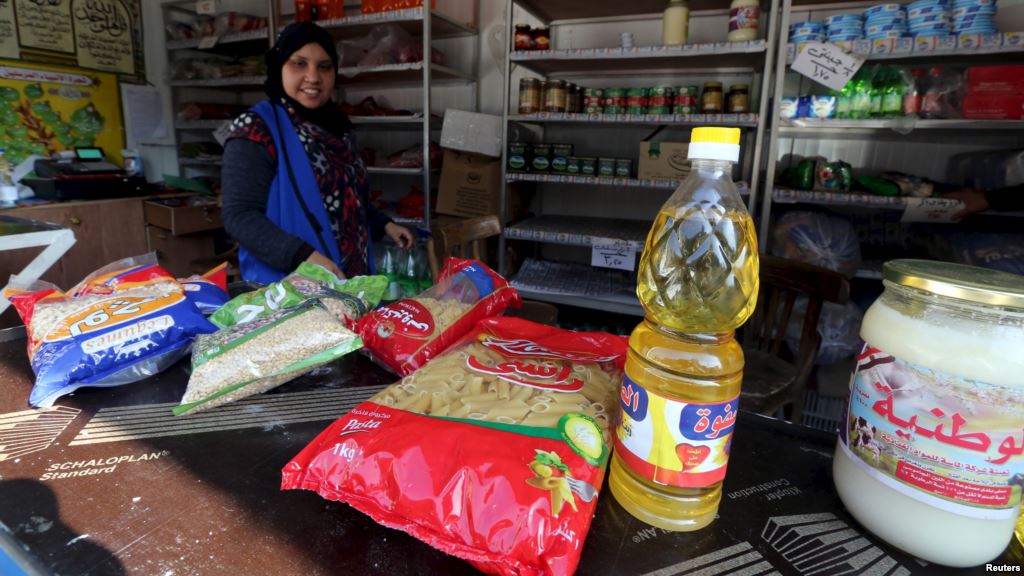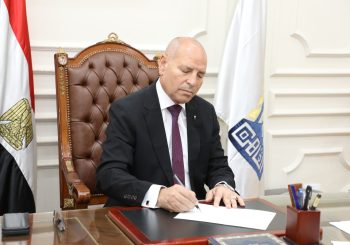Egypt is in “advanced talks” for a USD 800 million loan from European countries to expand its social safety net and shield low-income citizens from the burden of economic reform, Reuters reported Minister of International Cooperation Sahar Nasr said.
“We’re aiming for economic growth that will create quality jobs that are inclusive, so segments are not left behind and governorates are not lacking,” Nasr told Reuters.
Egypt is currently implementing an ambitious reform program aimed at reviving its economy, which has been struggling since the ouster of longtime dictator Hosni Mubarak in 2011. The ensuing political instability saw significant declines in tourism and investments, leading to the depletion of the country’s foreign reserves – down from USD 36 billion to USD 19.041 billion as of October 2016.
In an effort to support the reforms, Egypt has sought a number of loans and grants from various lenders, including Gulf states, European countries and international groups.
Most recently, Egypt secured the final approval from the International Monetary Fund for a three-year loan worth USD 12 billion loan.
The approval came after Egypt fulfilled a number of prerequisites the fund had put forth for the fund, including floating the Egyptian pound, introducing new taxes and securing USD 6 billion in bilateral financing for the loan.
Although many have viewed the IMF loan as “necessary,” others have associated the loan with unpopular measures – including the introduction of the value-added tax and the reduction of subsidies – that have hiked inflation and caused the population to struggle.
According to Nasr, the USD 800 million loan currently being negotiated with countries from the European Union is part of the government’s plan to shield Egypt’s poorest citizens from these impacts of reforms.
Last month, Minister of Supply Mohamed Ali Sheikh said that the government was studying the possibility of increasing subsidies for smart card holders to support them during the hardships of economic reform. He also said that the Central Bank had allocated USD 1.8 billion to secure a six-month supply of basic goods and that the supply ministry would be coordinating with the country’s Armed Forces on this matter.







Comments (0)